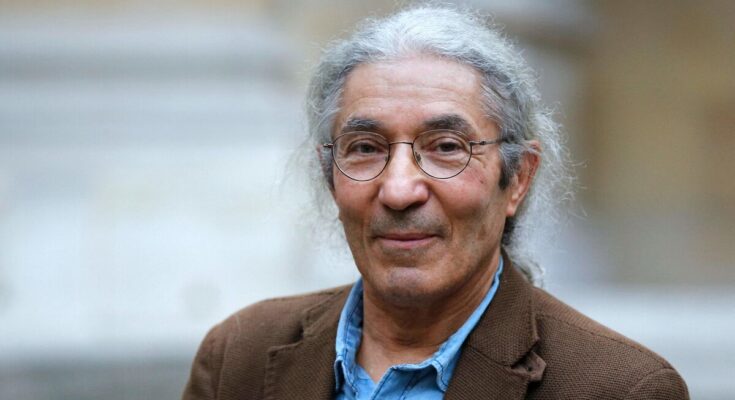The end of a long year of detention. This Wednesday, November 12, the French-Algerian novelist and essayist Boualem Sansal, who was detained in Algeria, was pardoned.
Algeria has accepted a request from Germany to pardon and transfer French-Algerian writer Boualem Sansal, who was imprisoned for a year, to this country so that he can be treated there, according to a press release from the Algerian presidency.
Algerian President Abdelmadjid Tebboune “responded favorably” to his colleague Frank-Walter Steinmeier’s request, “regarding the granting of a pardon in favor of Boualem Sansal,” according to an official press release. “The President reacted to this request, which appealed to him for its humanitarian nature and reasons,” according to the press release.
Frank-Walter Steinmeier has requested that Boualem Sansal, who was sentenced to five years in prison in July, be pardoned and benefit from medical treatment in Germany “in view of his advanced age (…) and fragile state of health”.
In front of deputies, French Prime Minister Sébastien Lecornu welcomed the writer’s future release, a few minutes after the announcement, he expressed “the fruit of a method made with respect and calm” and the government’s “relief.”
Sentenced to five years in prison
Arrested in Algiers on November 16, 2024, Boualem Sansal was sentenced to five years in prison on appeal in July for arguing that Algeria inherited territory that previously belonged to Morocco under French colonialism.
Thursday, November 6, French Foreign Minister, Jean-Noël Barrot, stressed that France is leading a “demanding dialogue” with Algiers to obtain the release of Boualem Sansal.
The case occurs in the context of hostilities between Paris and Algeria, which have been entangled for more than a year in an unprecedented diplomatic crisis that has resulted in the expulsion of civil servants on both sides, the recall of ambassadors from both countries and restrictions on diplomatic visa holders.



